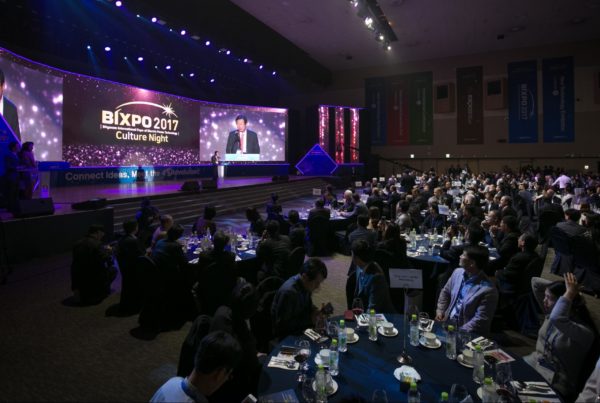On the 9th March, XnTree held a roundtable event exploring regulatory approach for commercial and open-source activities related to distributed ledger technology. As part of the roundtable XnTree hosted key members of the South Korean National Assembly, who are the key members of the committee spearheading the regulatory framework. Invited to contribute to the discussion were Jim Fitzpatrick MP, Applied Blockchain, Cardano Foundation, UK Export & Finance and Department of International Trade.


Following brief introductions and presentations, we kicked off the roundtable to discuss an agenda that many jurisdictions are still reluctant to make a bold move on: tax. The US recently moved to clarify in their 2018 tax law of when one should pay capital gains on digital assets. This was a big indicator for traders: crypto-to-crypto transactions are now taxable events. The UK has yet to make a formal statement regarding tax on digital assets and seems that they will continue to take a reactive stance. There were further discussions on the potential implications once the consensus mechanism shifted from Proof-of-Work to a Proof-of-stake, but of course, the table could only speculate.
More critically, the discussion was centred around the activities of digital asset exchanges. Without rules, evidently there are huge potentials for illicit activities and money laundering. Whilst the nature of regulations is to control and maintain through authority, we have seen prominent Chinese exchanges simply bypass it by moving to another jurisdiction. A more holistic solution may be to implement standards on the exchanges. Mr Shahad Choudry from UK Export and Finance who currently advises on Distributed Ledger Technology agreed that this was a potential solution. If standards are agreed and implemented to rid of bad behaviour whilst incentivising exchanges to be actively part of that process, the banks will open their doors, making life easier for exchanges and investors alike.



Closely related to illicit activities on exchanges, the conversation naturally moved onto the topic educating the public on blockchain. The Cardano Foundation presented by its Chairman, Michael Parsons and the Managing Director, Bruce Milligan provided an overview of how Cardano seeks to influence regulation and standards for blockchain technology. They placed an emphasis on the importance of research, outreach and education. Most people investing in ICOs (Initial Coin Offerings) due to the hype have no idea where their money is going. Research shows that just over 80% of ICOs are scams and 95% of the remainder fail to deliver what’s promised on its whitepaper. Whilst ICOs have a clear purpose, in order to serve it well, key blockchain platforms must be more active in interacting with its audience to educate them on what they are investing in. As important, is the need for a vigorous due diligence standard in place to make sure the product is technically sound and the team is legitimate. The table discussed the idea that exchanges should do more to scrutinize the ICOs that they will be listing. Adhering to a clear set of rules and standards on what is and isn’t acceptable, should result in both quality control and incentivisation as the exchanges will be staking their reputation on these projects.


Following its earlier stance on potentially banning cryptocurrency exchanges, South Korea has yet to decide how to regulate trading and market supervision. For the National Assembly, one thing is for sure, they are placing the wellbeing of its citizens first and foremost. The latter part of 2017 saw huge market boom followed by an equally big bust. There has been significant number of misinformed and uneducated investments that have collapsed spectacularly and has become a social issue. They wish to tackle this maliciousness first before fully embracing the technology.
One thing was clear from the roundtable:
we are all seeking ways to healthily promote and develop blockchain technology.





